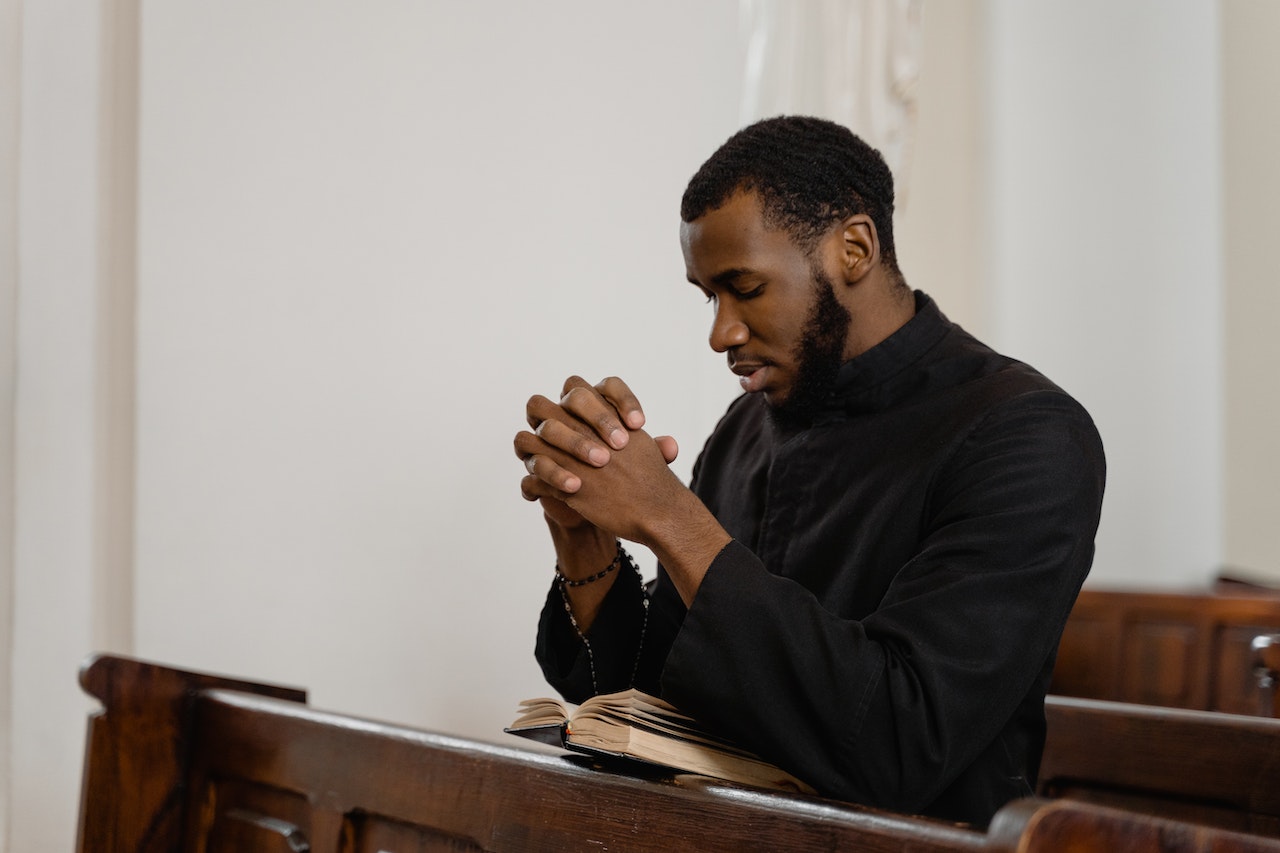Spirituality is a term that has been used to describe the connection between individuals and a higher power, nature, or the universe. In Africa, spirituality has been a part of life for centuries and is deeply ingrained in the culture and traditions of many communities.
For many Africans, spirituality is not just a belief system, but it is a way of life. It is a way to find meaning, purpose, and peace in a world that can often be chaotic and stressful. Spirituality provides a sense of belonging, and community, and helps individuals to connect with something greater than themselves.
In Africa, there are many different spiritual practices and beliefs that are widely followed. Some of the most common include traditional African religions, Christianity, Islam, and Hinduism. These practices often involve rituals, prayers, and offerings that are believed to bring blessings and positive energy into the lives of individuals.
 One of the most important aspects of spirituality in Africa is the role of community. Many spiritual practices involve gathering with others to celebrate, pray, and find strength in numbers. This sense of community provides support, comfort, and a sense of belonging that is essential for individuals to thrive.
One of the most important aspects of spirituality in Africa is the role of community. Many spiritual practices involve gathering with others to celebrate, pray, and find strength in numbers. This sense of community provides support, comfort, and a sense of belonging that is essential for individuals to thrive.
Spirituality can also play an important role in addressing mental health and well-being. It provides a sense of hope, and comfort, and can be a source of inspiration and motivation for individuals to overcome challenges and obstacles in their lives.
In addition to providing a sense of comfort and purpose, spirituality can also be a source of inspiration for creativity and self-expression. Many African artists, musicians, and writers have been influenced by their spiritual beliefs and have used their talents to create works that reflect the beauty and power of their spirituality.
Finally, spirituality can be a way to preserve and celebrate cultural heritage. In Africa, many spiritual practices and beliefs have been passed down from generation to generation, serving as a way to connect with the past and preserve the cultural identity of communities.
Africa is home to a rich diversity of religious beliefs and practices. Here are the top three religions in Africa based on the number of followers:
- Christianity: Christianity is the largest religion in Africa, with millions of followers across the continent. The majority of Christians in Africa belong to the Protestant or Roman Catholic denominations. Christianity was first introduced to Africa in the 1st century and has since grown to become the dominant religion in many countries, such as Egypt, Kenya, and Nigeria.
- Islam: Islam is the second largest religion in Africa and is widely practiced across the northern and western regions of the continent. The religion was introduced to Africa in the 7th century and has since spread throughout the region, particularly in countries like Morocco, Algeria, and Tunisia.
- Traditional African Religions: Traditional African religions are the indigenous spiritual beliefs and practices of the African people. These beliefs and practices vary greatly from region to region and can include ancestor worship, animal sacrifices, and the use of herbs and divination. Traditional African religions continue to be widely practiced in many parts of Africa, particularly in countries like Ghana, Senegal, and Zimbabwe.

Spirituality is an important aspect of life for many Africans. It provides a sense of meaning, purpose, and community, and has the power to bring comfort, inspiration, and healing to individuals. Whether through traditional religious practices, or more personal and individual connections with the universe, spirituality remains a central part of life for many Africans.
It's important to note that these figures are estimates and can vary depending on the source. Nevertheless, Christianity and Islam are the two largest religions in Africa, followed by traditional African religions. Regardless of one's beliefs, Africa's religious diversity is a testament to the richness and complexity of its cultural heritage.


